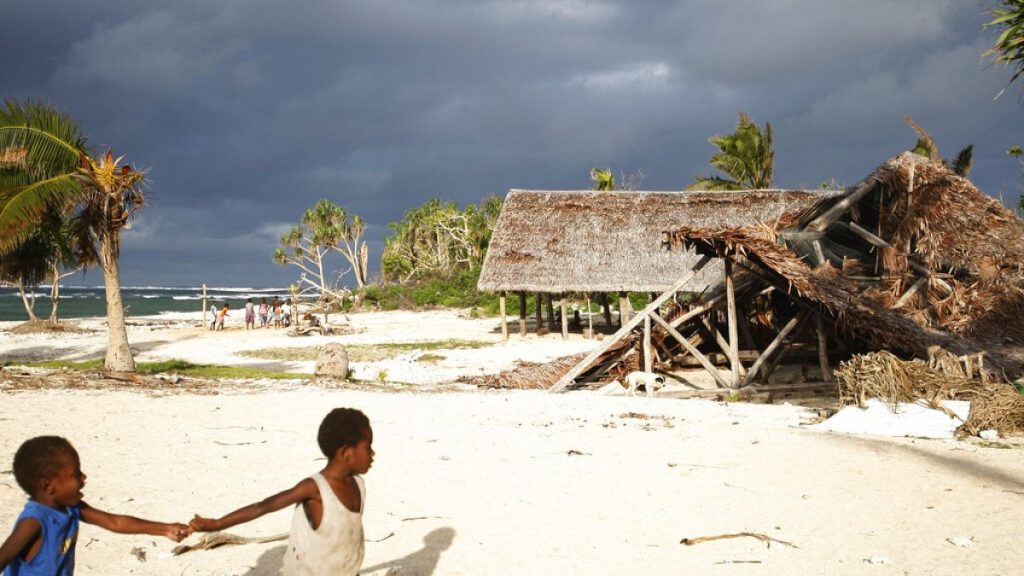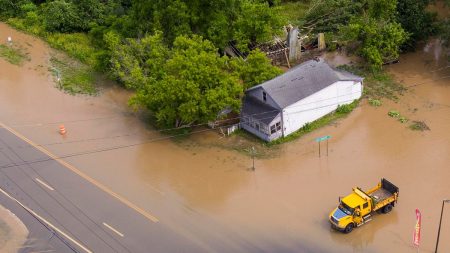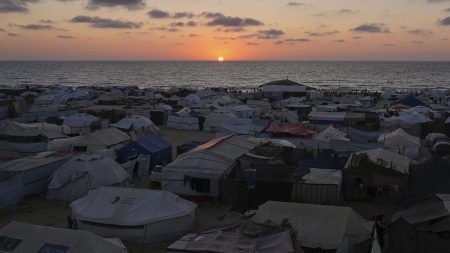The International Court of Justice (ICJ), the United Nations’ principal judicial organ, is set to hold pivotal hearings regarding the legal obligations of countries to combat climate change. This case marks a significant milestone in international law and environmental justice, as it stems from requests made by vulnerable island nations, like Vanuatu, that are facing existential threats due to rising sea levels and other climate impacts. Following extensive lobbying, the U.N. General Assembly directed the ICJ to provide an advisory opinion on the responsibilities of states regarding climate change. Such an opinion could help clarify legal frameworks for environmental accountability and may prove crucial for small island states that are witnessing the detrimental effects of global warming first-hand.
Margaretha Wewerinke-Singh, leading the legal team for Vanuatu, expressed hopes that the ICJ confirms the illegality of actions that have contributed to climate change. This sentiment is echoed by Ralph Regenvanu, Vanuatu’s climate change envoy, who emphasized that small island states are at the forefront of climate impacts, witnessing the destruction of their cultures and rights. While the court’s decisions won’t be legally binding and cannot directly compel wealthy nations to act, they carry significant symbolic weight that could influence future legal actions, including national lawsuits aimed at holding major polluters accountable.
The hearings will feature participation from 99 countries and numerous intergovernmental organizations, making it the largest case in ICJ’s history, taking place over a two-week period. This unprecedented gathering underscores the urgency of the climate crisis and the need for concrete actions to address it. In a previous U.N. climate meeting, a collective agreement was developed among rich nations to pool meaningful financial support for poorer states grappling with climate-related disasters. However, the promised annual sum of €280 billion by 2035 is viewed as insufficient compared to the estimated €1.2 trillion deemed necessary for effective climate action and support.
The judges at the ICJ, consisting of experts from around the world, are tasked with addressing two primary concerns: the obligations that countries have under international law to mitigate greenhouse gas emissions, and the legal implications for governments that significantly contribute to environmental harm. Specific focus will be given to the vulnerable small island developing states and the broader impact on current and future generations affected by climate change. To assist in their deliberations, the judges received briefings on scientific findings from the Intergovernmental Panel on Climate Change, linking legal obligations to established climate science.
Influential recent rulings across various jurisdictions have established precedents emphasizing the need for governmental accountability in climate action. For instance, a U.N. tribunal recognized carbon emissions as a form of marine pollution requiring state intervention, while a significant verdict from Europe’s human rights court demanded enhanced protective measures for citizens against climate consequences. This trend demonstrates a growing recognition of climate change not only as an environmental issue but also a matter of human rights and legal obligation.
The Netherlands, where the ICJ is located, has been at the forefront of climate-related legal advancements, having previously determined that protecting citizens from climate impacts is a human right, a ruling affirmed by the national Supreme Court. As we await the court’s deliberations, the implications of their findings and the inclusive participation of various nations and organizations at this historic ICJ hearing mark a critical juncture in the global fight against climate change, potentially setting a precedent for international accountability and the rights of vulnerable populations facing climate emergencies.














